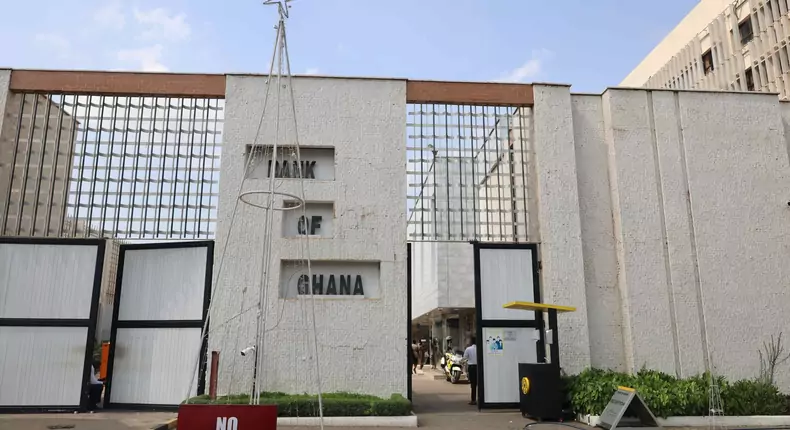Ghana’s central bank on Friday announced that it would deepen its strong monetary policy stance to anchor the disinflation process
Ernest Addison, governor of the Bank of Ghana, reiterated this resolve during a press briefing after the central bank’s latest meeting of the monetary policy committee (MPC) to assess the economy.
Addison said despite the drop in inflation from 54.1 percent in December 2022 to 22.8 percent last month, there are still uncertainties in the outlook. He attributed the uncertainties on the path of inflation for the year to recent exchange rate pressures, increases in utility tariffs, and a surge in ex-pump fuel prices.
“Even though we expect inflation to remain within the target range of between 13 percent and 17 percent this year, the risks are tilted slightly upward,” said the governor.
Addison said the situation requires a strong monetary policy and fiscal consolidation efforts to achieve the end-year inflation target.
“Given these considerations, the MPC decided to maintain the policy rate at 29 percent,” the governor announced.
Ghana, the world’s second-largest cocoa producer and an exporter of fossil fuels, has been battling chronic economic challenges.
In May 2023, the West African country secured a three-year bailout package of 3 billion U.S. dollars from the International Monetary Fund to reduce inflation and currency depreciation and revive its economy.

